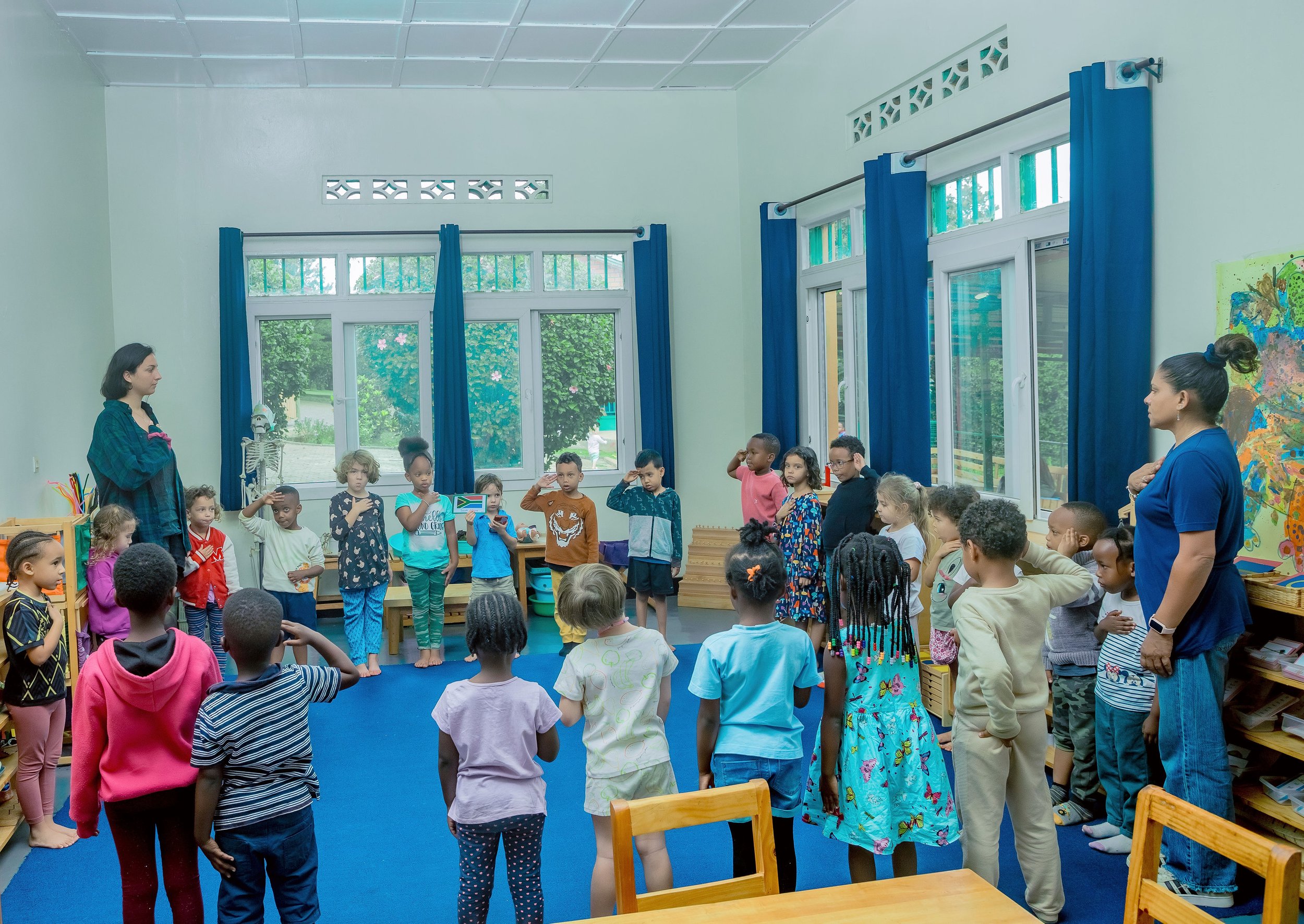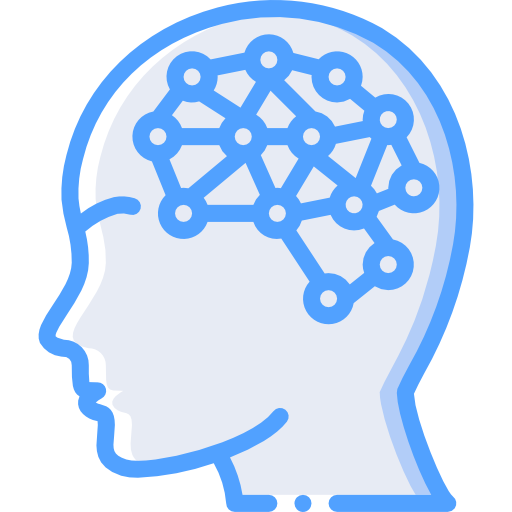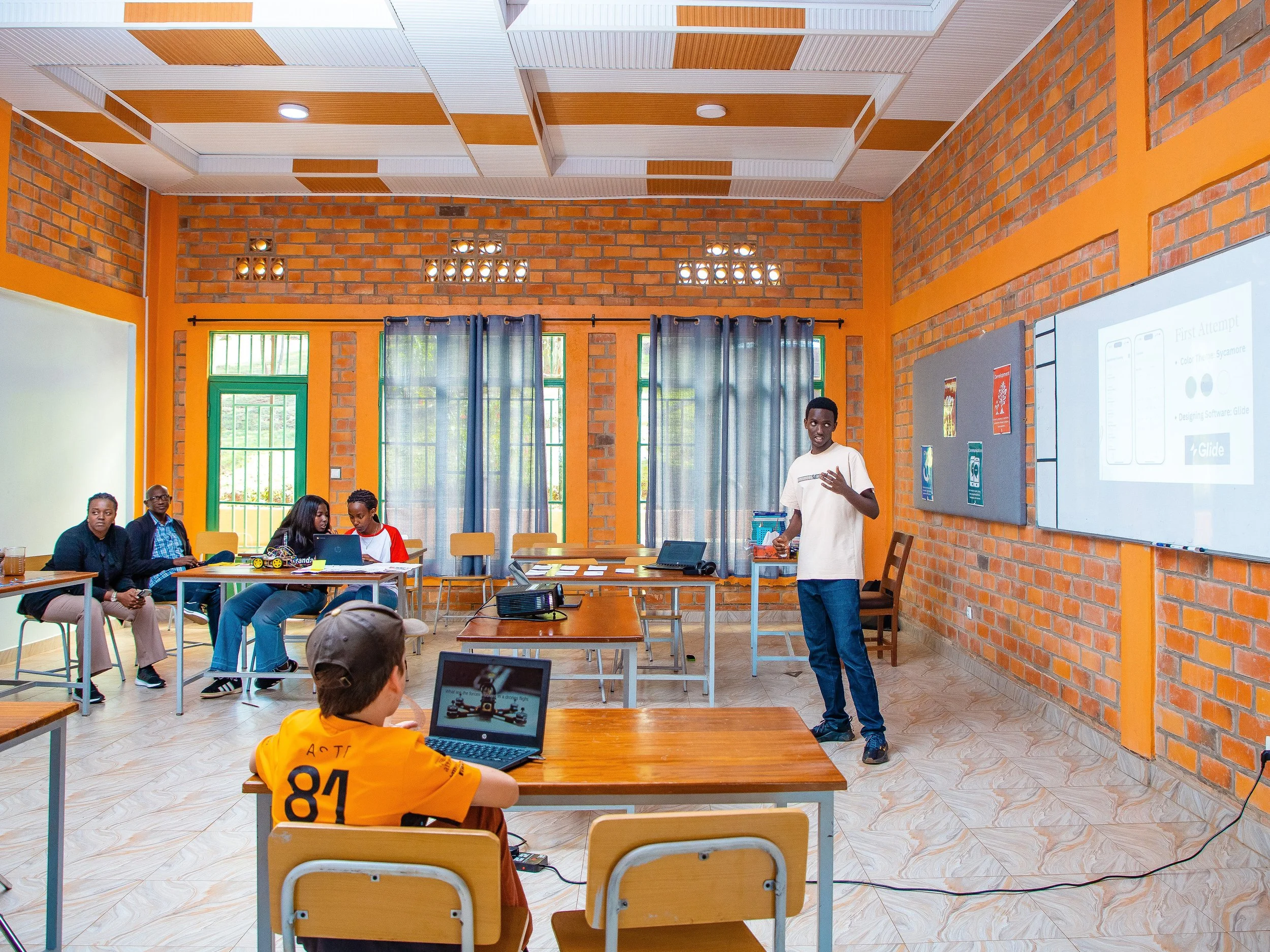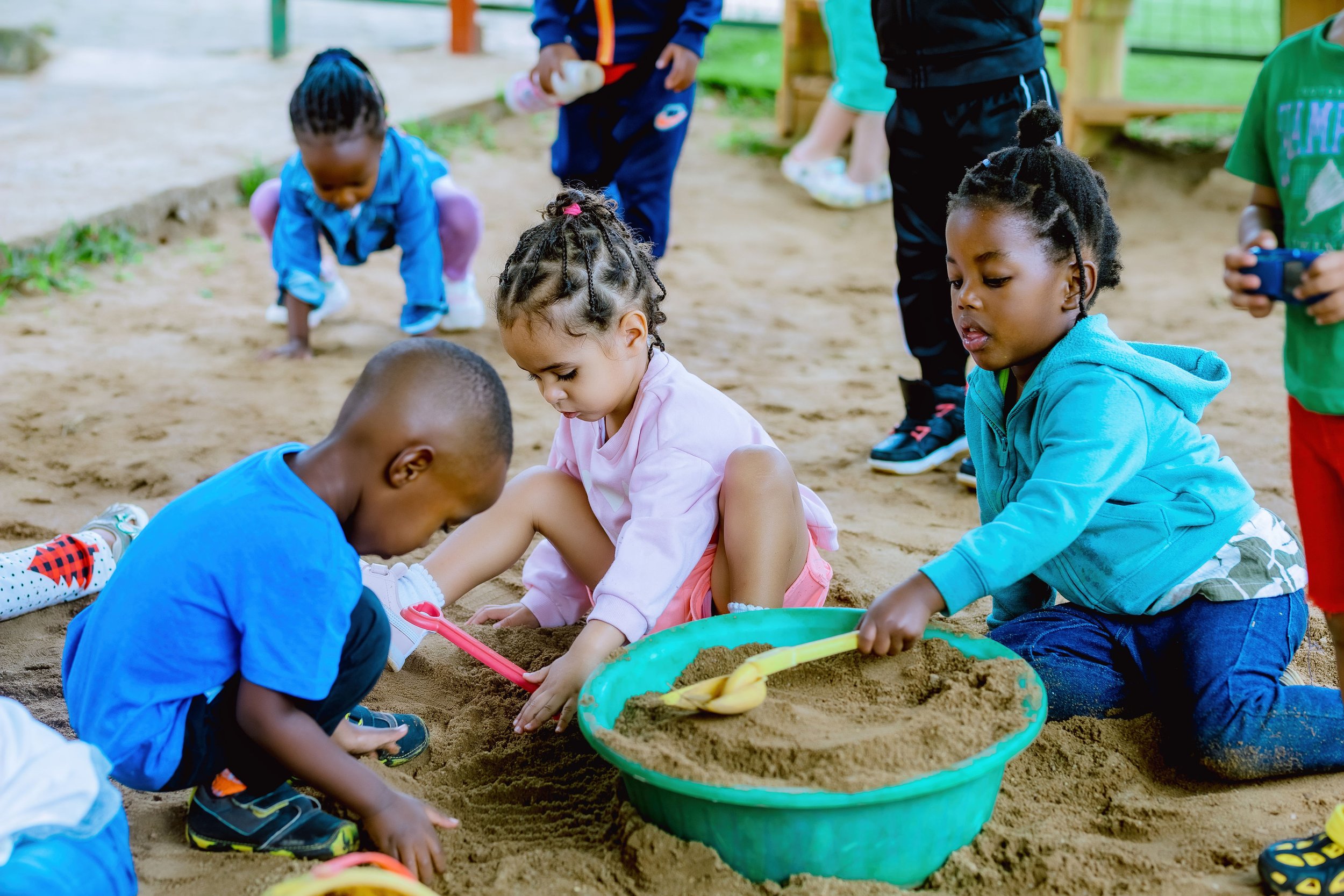
Toddler Program | Ages 18–36 Months
Nurturing Curiosity from the Start
A warm, prepared space where toddlers begin their journey of independence, discovery, and joyful growth.

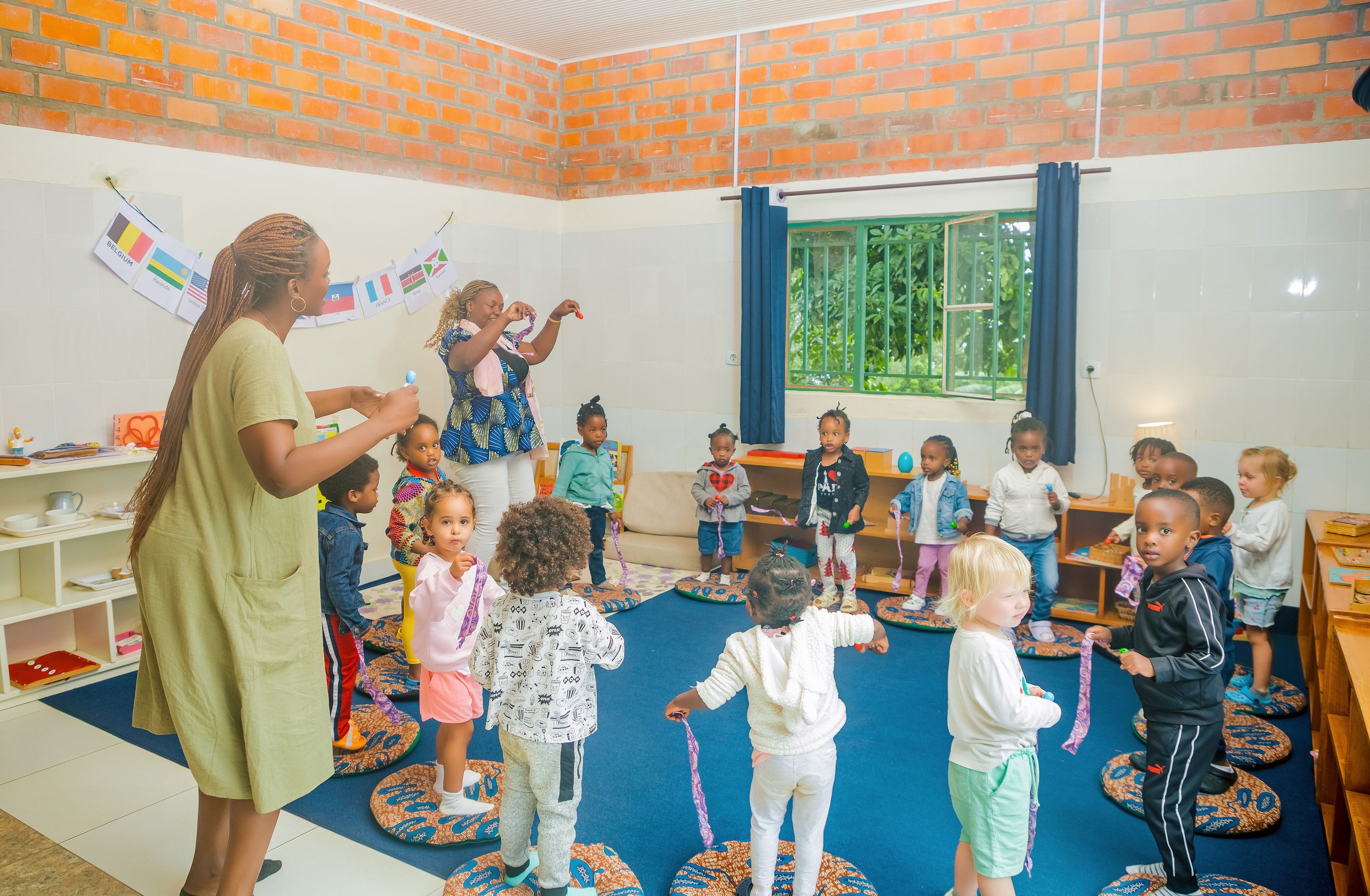
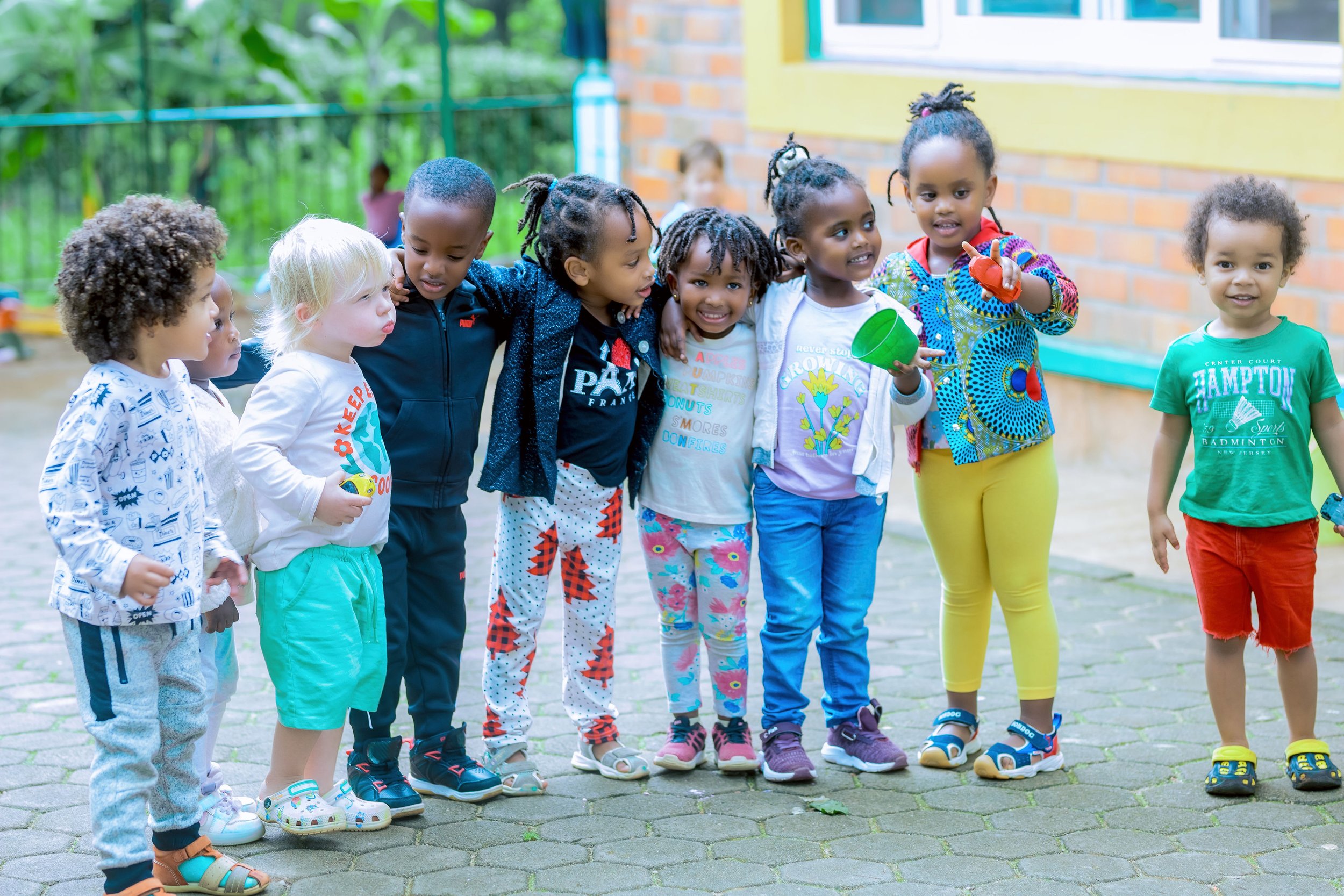
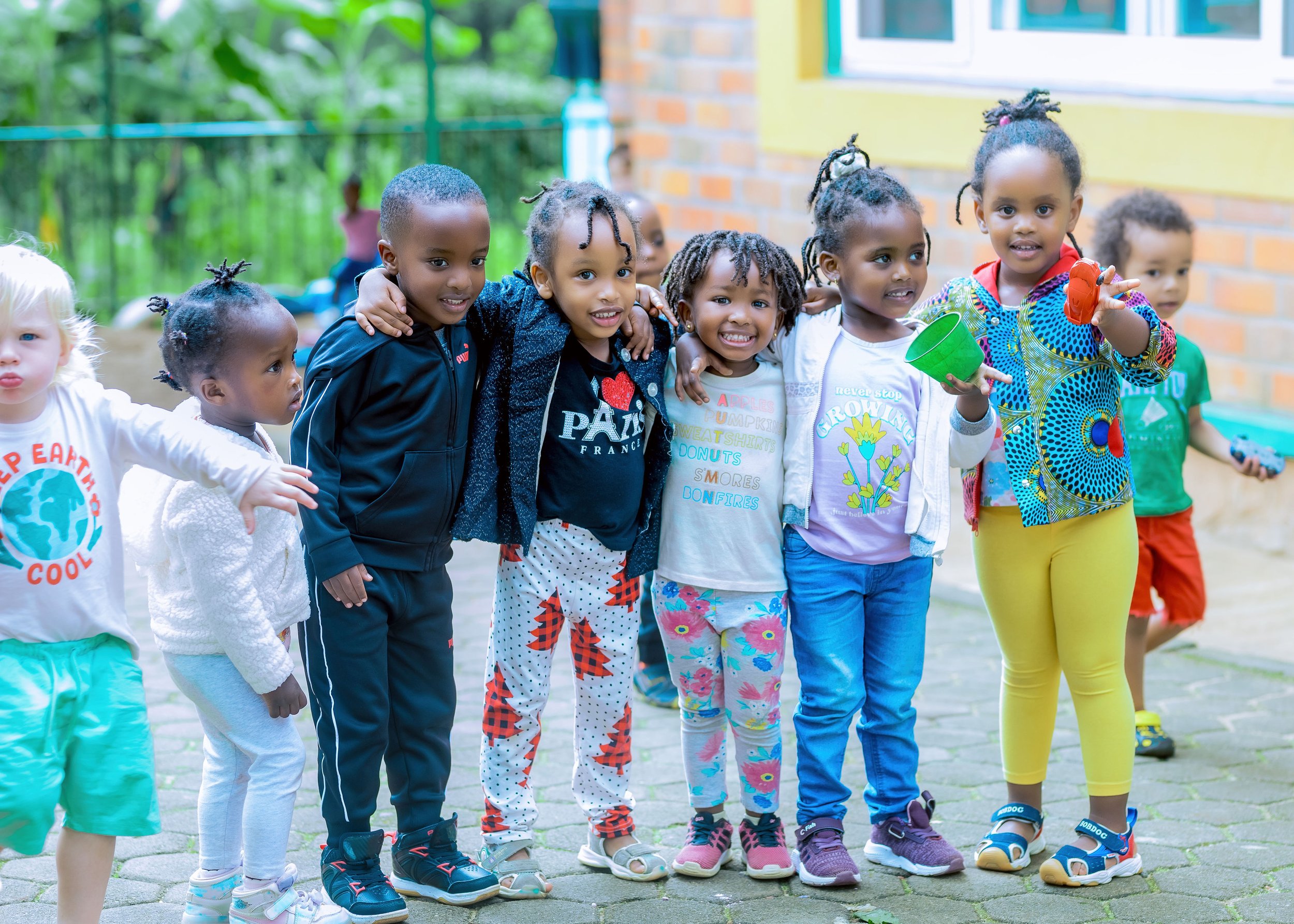
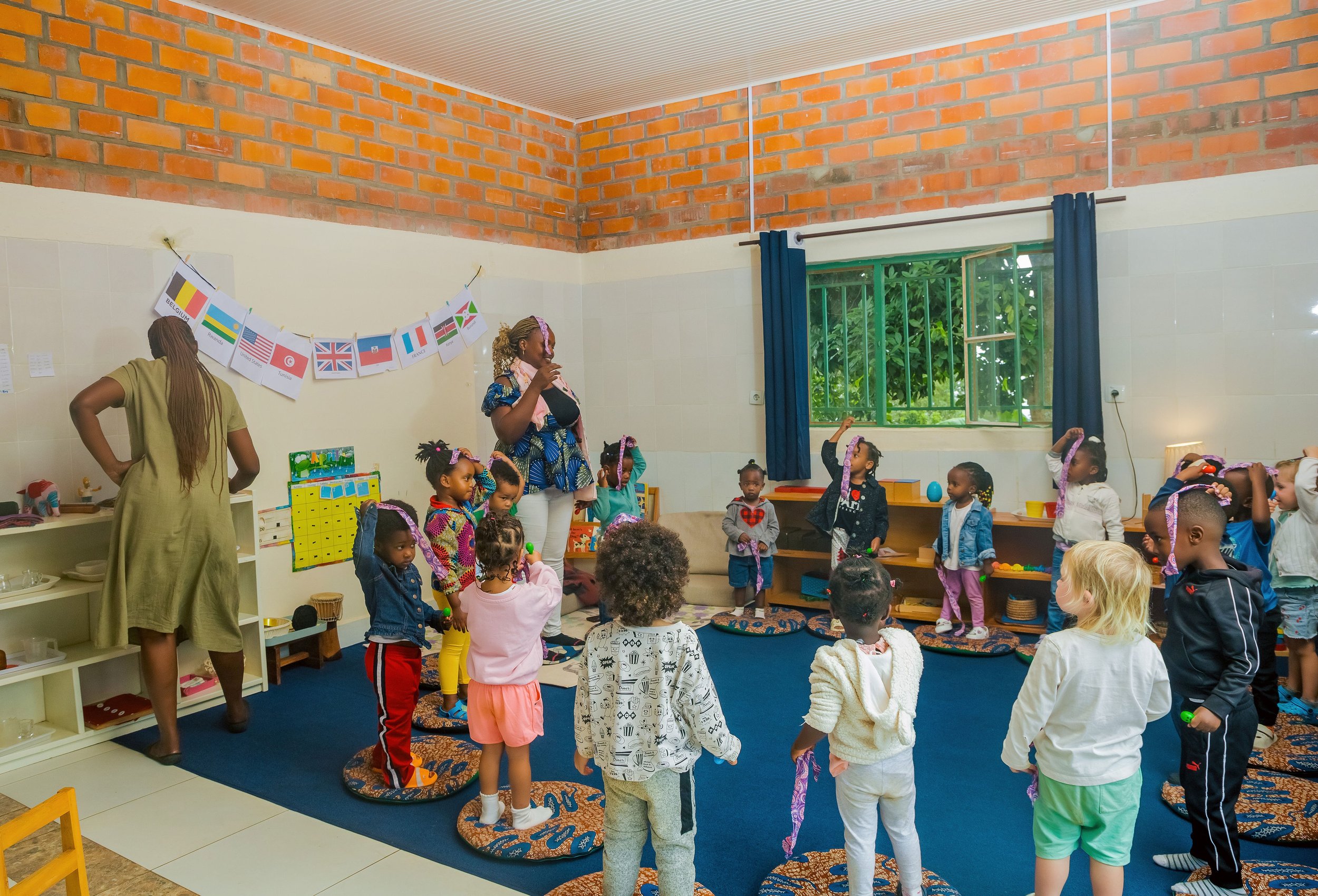
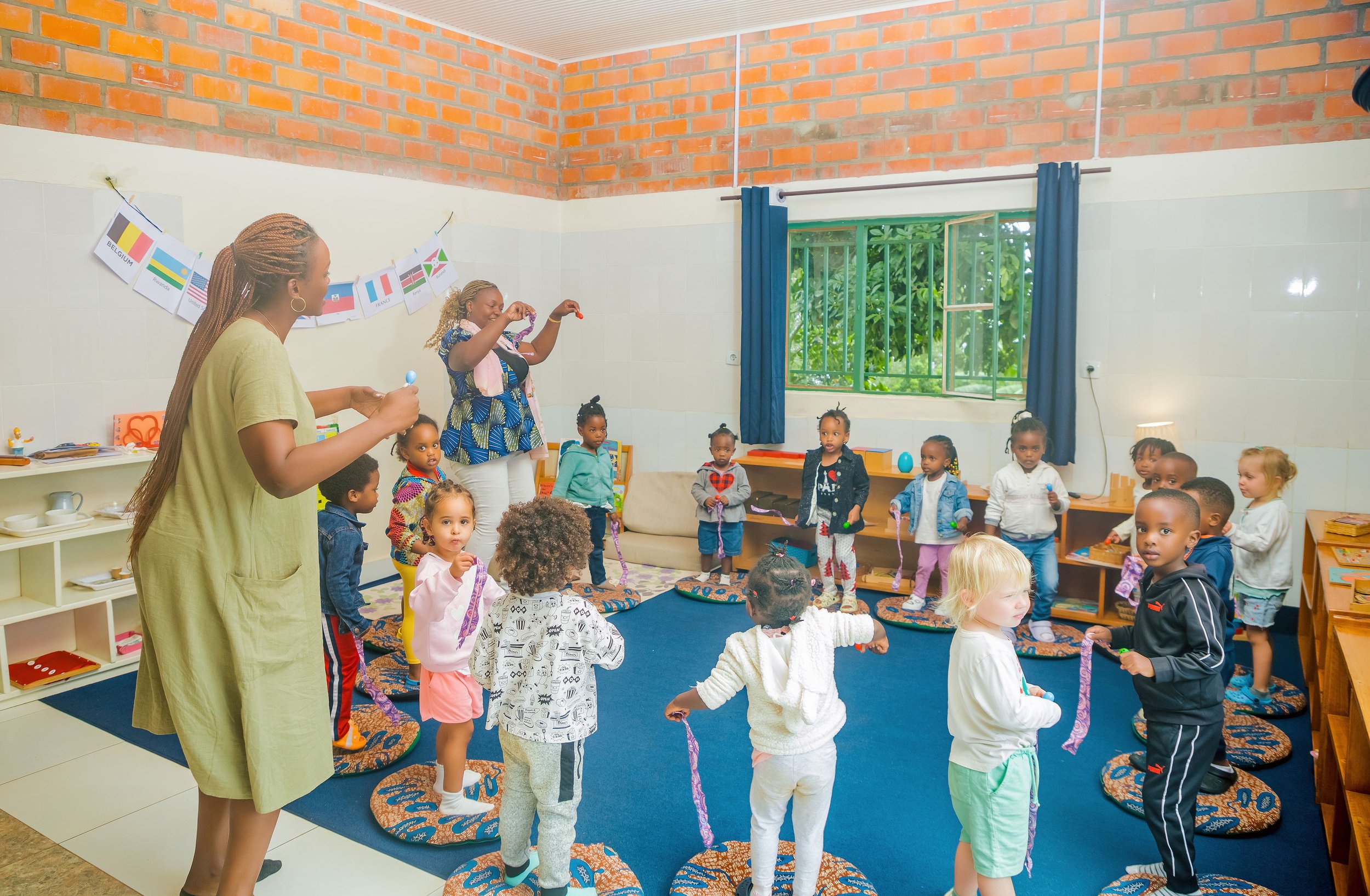

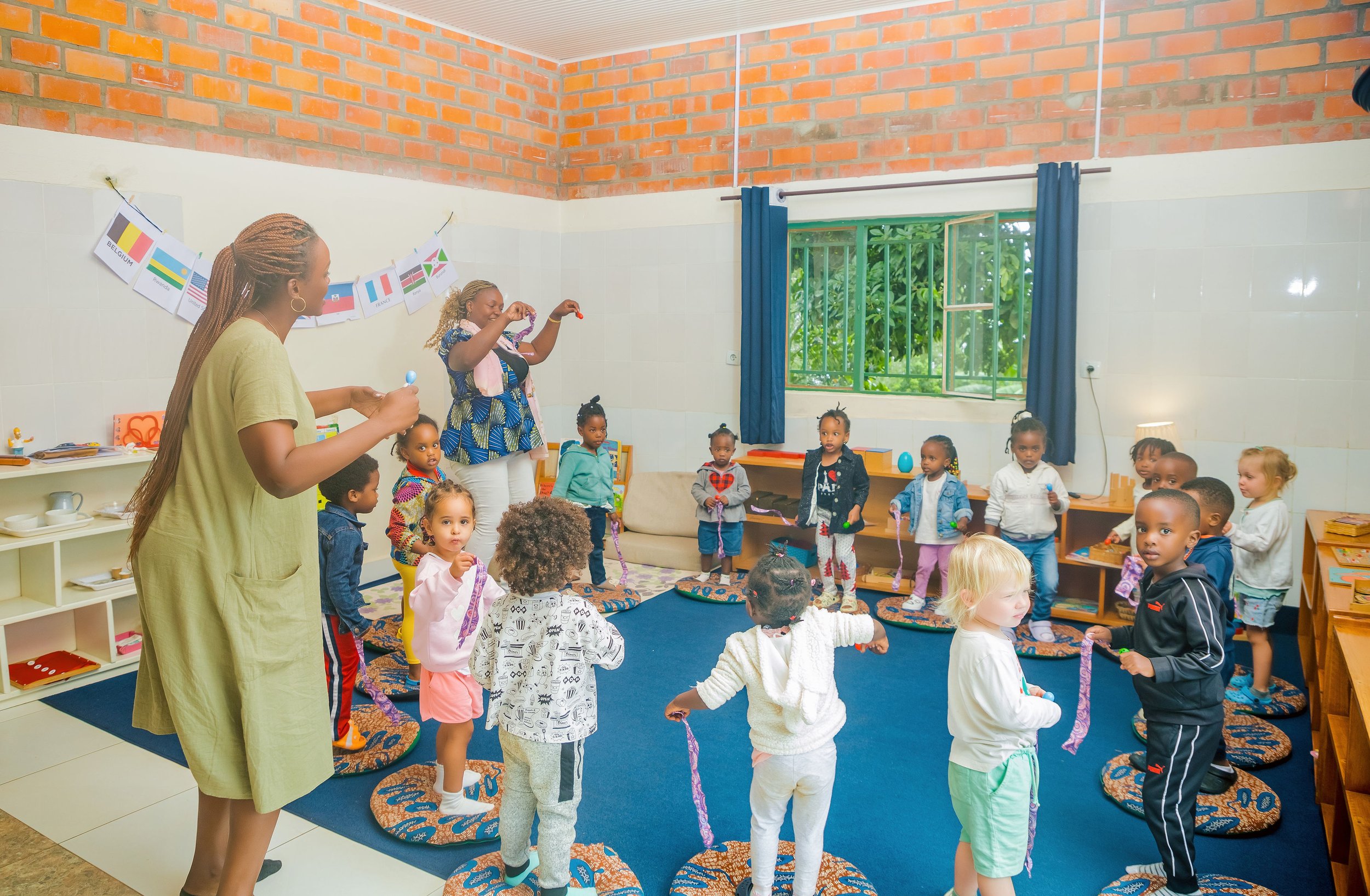

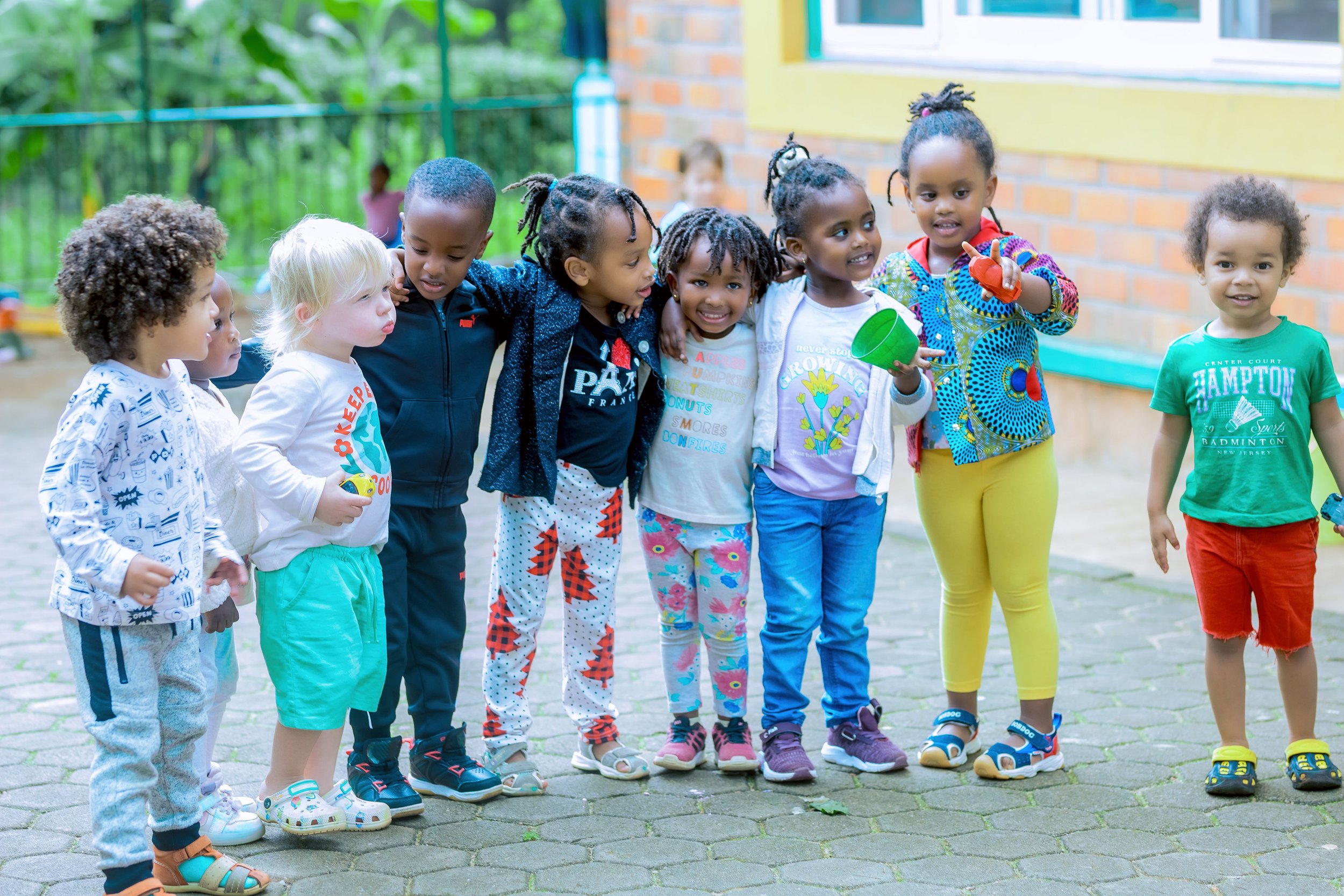

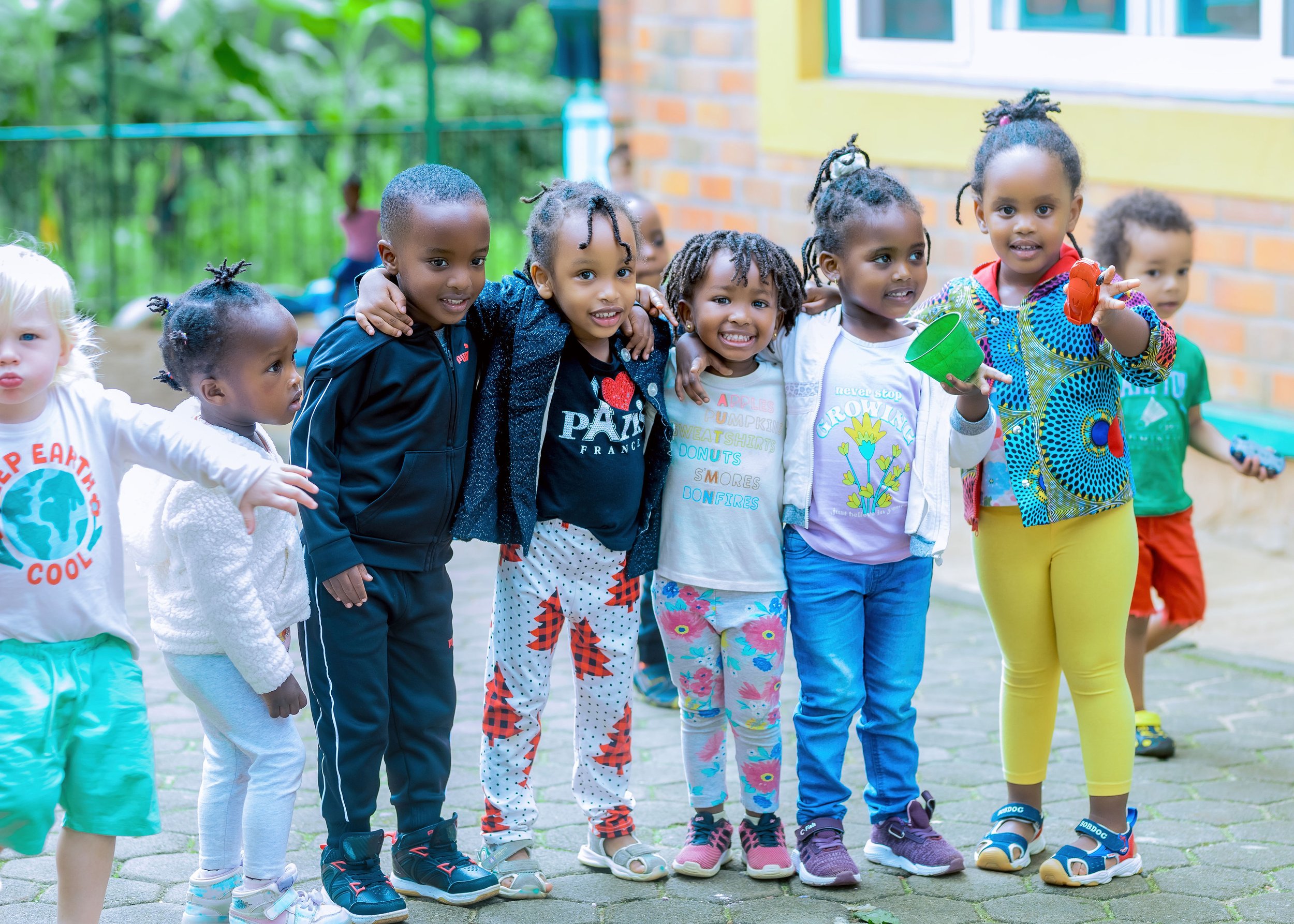
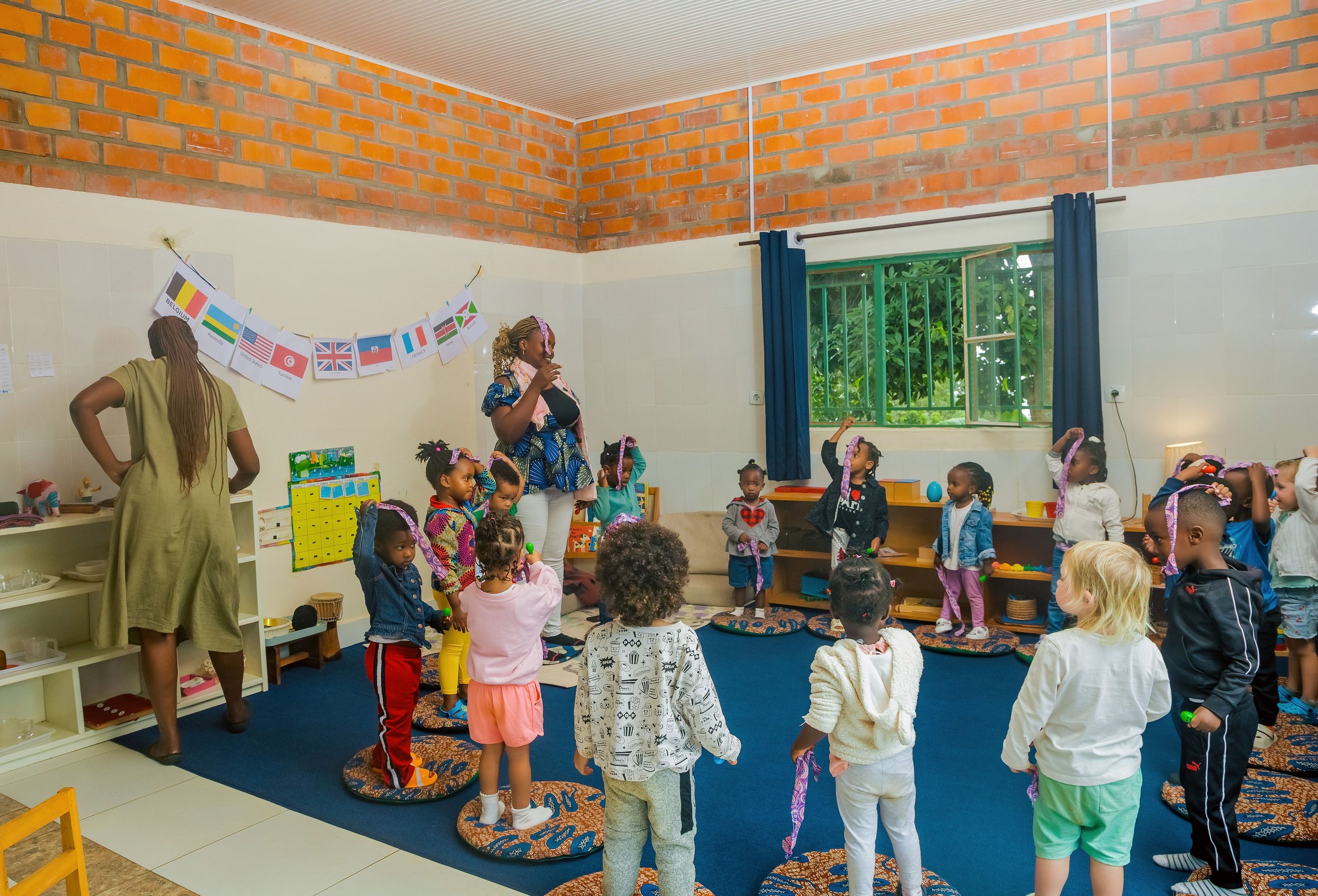

THE TODDLER PROGRAM
Our Toddler Program for children ages 18 months - 3 years old, is where children develop some of their first relationships away from home. At this age, children begin to assert their desire for independence and begin to express their own personality.
Toddlers are physically active and intellectually curious. The DIMS environment and curriculum is designed to provide the warmth, welcome and stimulation that enables this growth.
Learning Design in the Toddler Program
-

Hands-on Learning experiences
DIMS Toddlers learn real-life skills in the classroom through Practical Life work. Montessori teachers introduce activities that allow children to explore and learn, while also being creative and progressing developmentally.
-
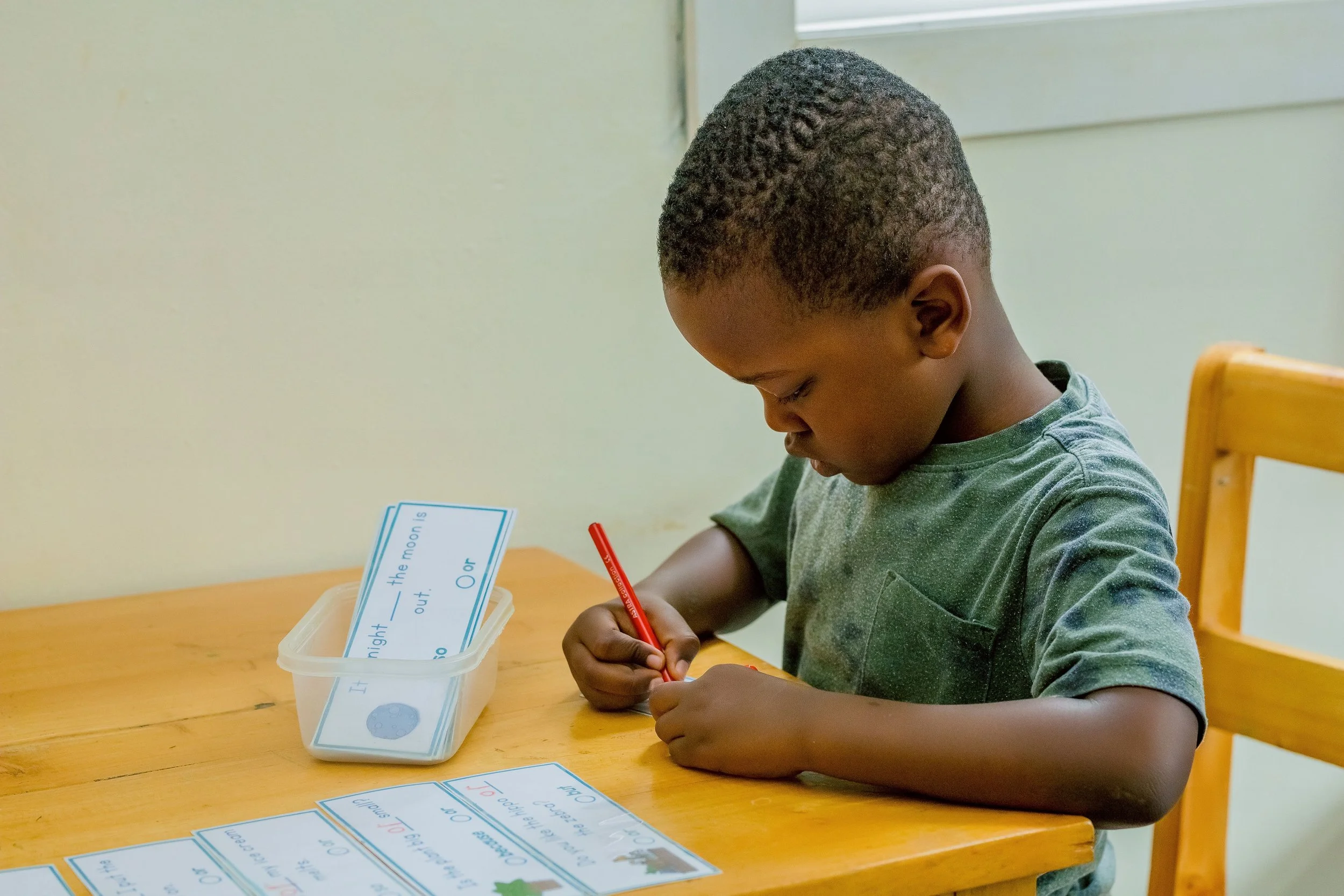
Self-Directed Active learning
Activities in our Toddler classrooms encourage children to manipulate and explore in ways that promote thought and focus. This exploration, and repetition, with materials leads to spontaneous activity. Children use the same materials in many ways, depending on their creativity, ability, and personality.
-
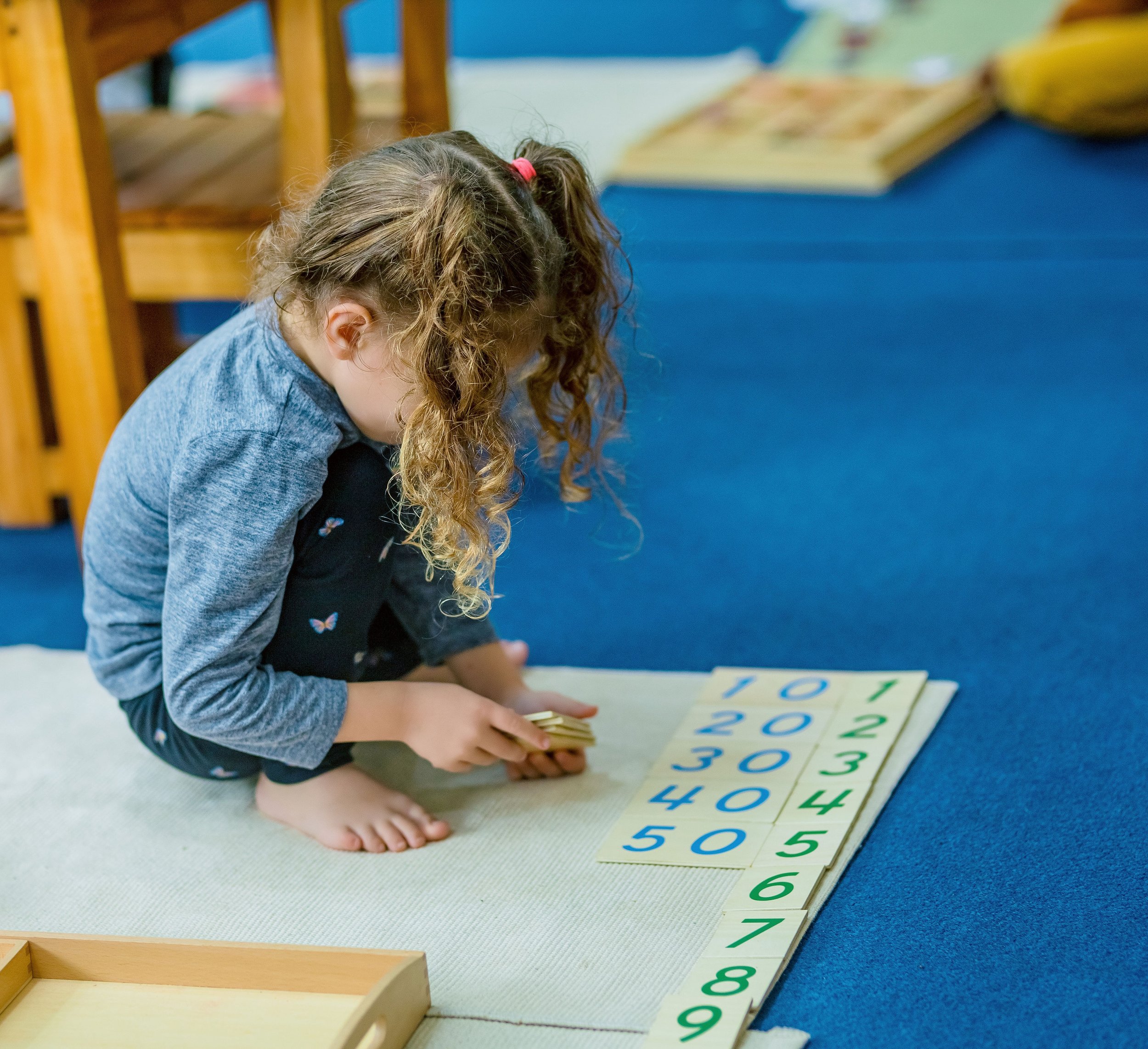
Social-Emotional Skills
During their time in the toddler class, children develop some of their first relationships outside the home. In a nurturing environment, toddlers learn to trust adults to guide and support them and little by little, toddlers learn to take care of themselves.
-
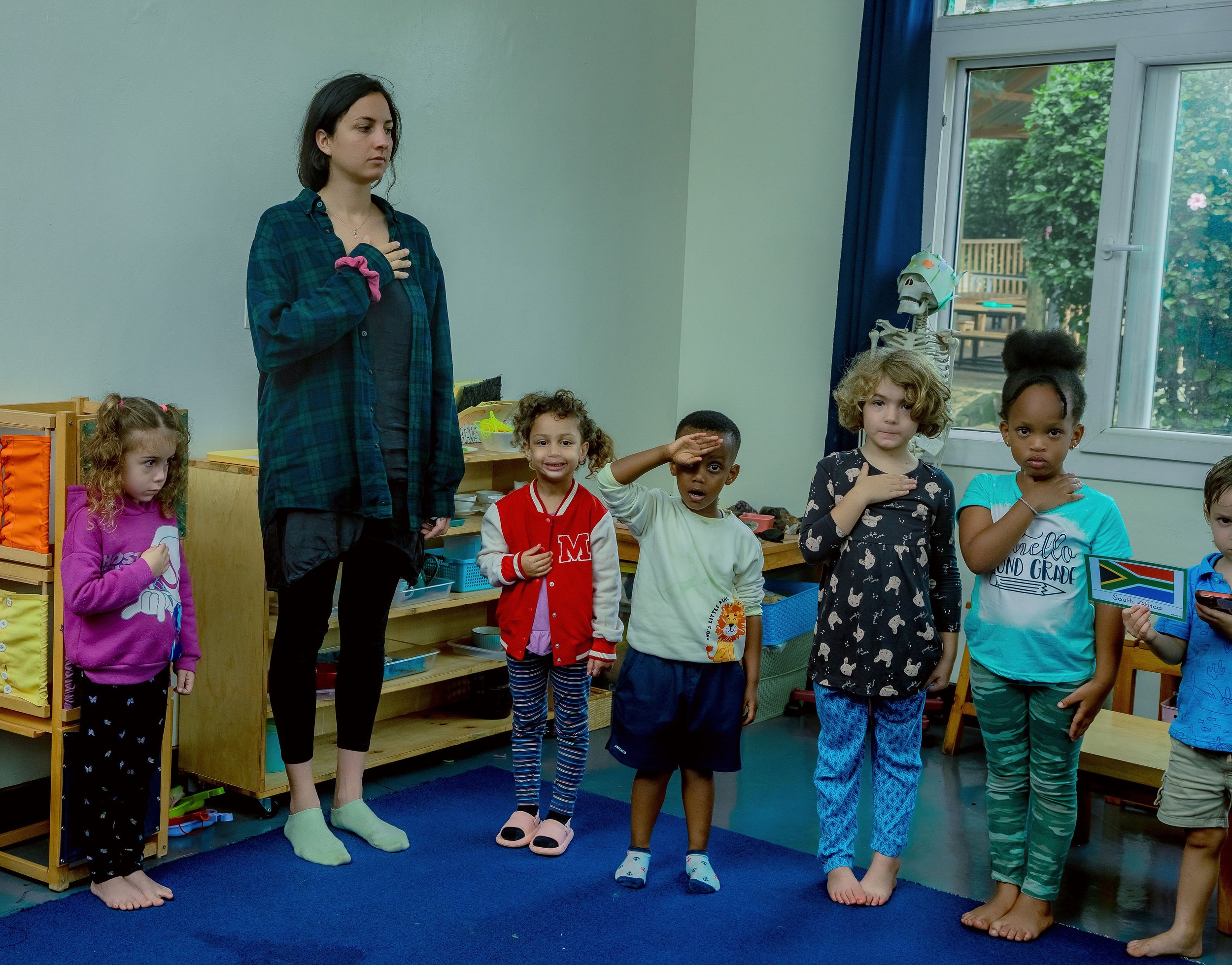
Intrinsic Motivation
Toddlers follow their individual interests as they choose work throughout the day. Children decide if they want to work on a puzzle, or with art materials, build with manipulatives or practical life skills. Count objects or seriate shapes by size. Toddlers are attracted to challenges because they like to feel proud of their growing abilities. When redirection is necessary, toddler teachers provide it respectfully and positively.
Toddler Curriculum
-
Toddlers explore the farm using all their senses. They expand their palette by tasting a different crop from the farm each week during daily tasting lessons. Toddlers explore the sights, smells, sounds and textures of the farm throughout each season while helping care for the farm during weekly lessons with the teacher.
-
Toddlers absorb language with extraordinary ease. There us a wide range of language abilities in this age group, so teachers carefully model and guide interactions with peers. The focus is on vocabulary, articulation and communication using conversation, activities and modeling.
-
Toddlers use a wide range of specially prepared materials to begin to build mathematical concepts. They sort, match,count, and absorb the language of math. They practice counting, number symbols and geometric shapes.
-
Toddlers make sense of the world by experiencing and mastering routines. As children transition from an unconscious absorbent mind to a conscious absorbent mind they learn familiar words associated with time, and they begin to understand the meaning of these terms. Children also become part of a group that is outside of their family and begin to develop empathy as they realize that their actions have an impact on others and that there are classrooms, students and teachers outside of their own.
-
Toddlers’ routine and activities foster independence and self-care skills. In our toddler classrooms, children practice dressing and undressing, caring for their environment, and caring for their personal belongings. They learn everyday skills such as pouring, scooping, spreading and cutting.
How our learners will grow in the Toddler Program
Enhanced Social Skills
Through our multi-age program, children learn to interact with peers of different ages, fostering a sense of community and promoting social skills like cooperation, communication, and empathy.
Emotional Intelligence
The Montessori curriculum helps children develop emotional intelligence by teaching them to identify and manage their feelings, leading to improved self-regulation and a better understanding of others’ emotion.
Cognitive Development
Our play-based learning approach stimulates cognitive growth by encouraging children to explore, experiment, and solve problems independently, laying the foundation for critical thinking and analytical skills.
Language and communication skills
The Montessori curriculum supports language development through singing, dancing, and conversational activities, enhancing vocabulary, rhythm, and listening skills crucial for effective communication.
“In our Toddler Community there is great emphasis on preparing an environment, where each child has the ability to move and explore to support the development of self-knowledge. Freedom is given within limits in order for the child to become organized and learn respect for others. The environment is prepared in a way that appeals to the senses through order, balance, and harmony and allows children to follow their natural curiosity and to experiment with the materials.”
Our Programs
-

Toddler Community (18 months – 3 years)
Gentle introduction to community, sensory play, routine
-
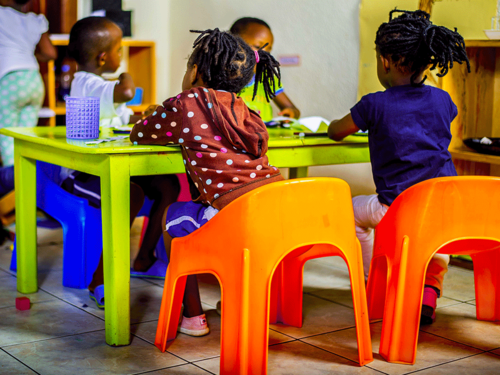
Early Childhood (3–6 years)
Montessori-inspired learning, independence, practical life, phonics, numeracy
-
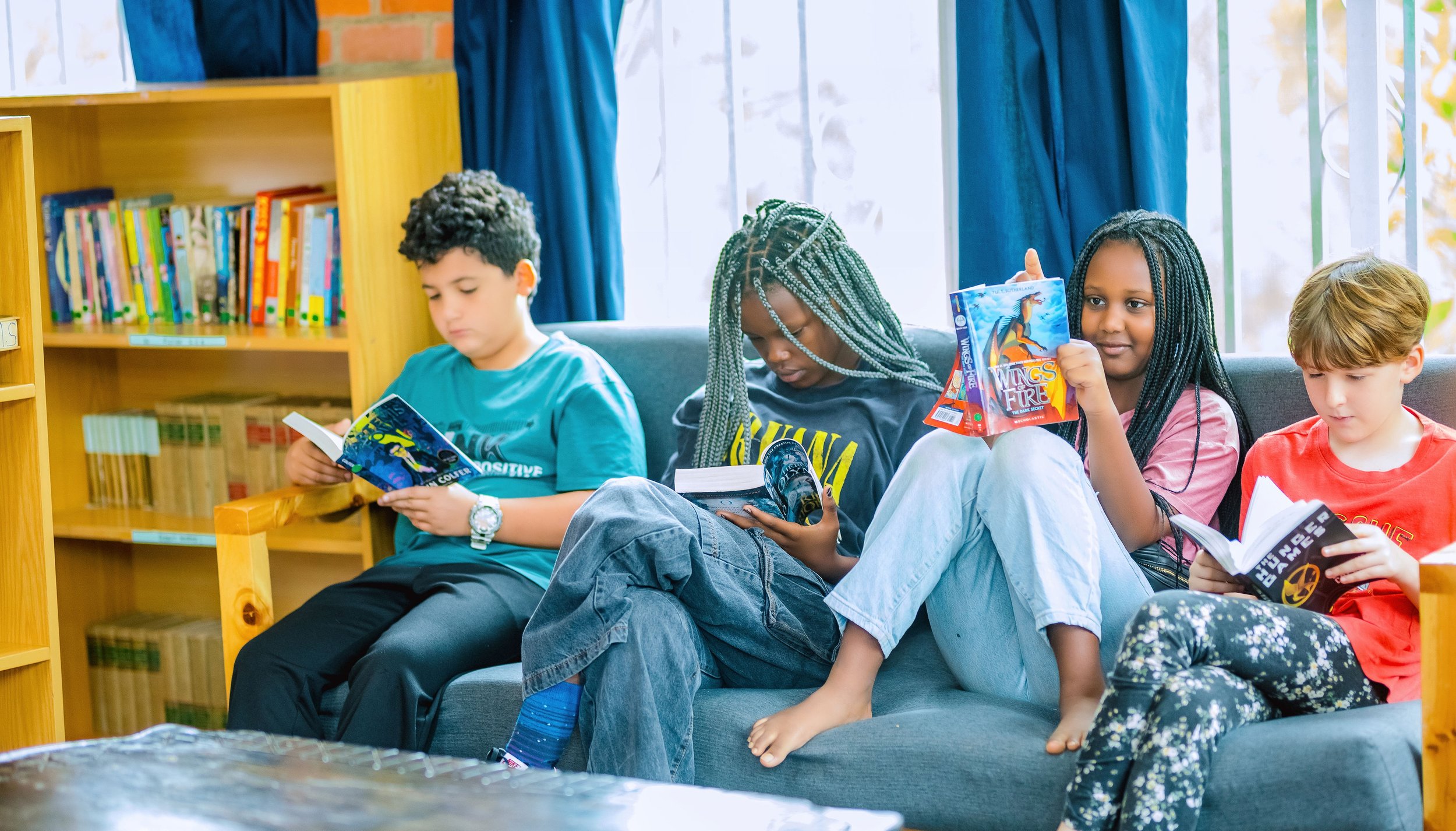
Elementary (Grades 1–6 years)
Project-based learning, interdisciplinary units, strong academic foundation with creativity
-
Secondary (Grades 7–10 years)
Deep academic engagement, mentorship, career exploration, global citizenship
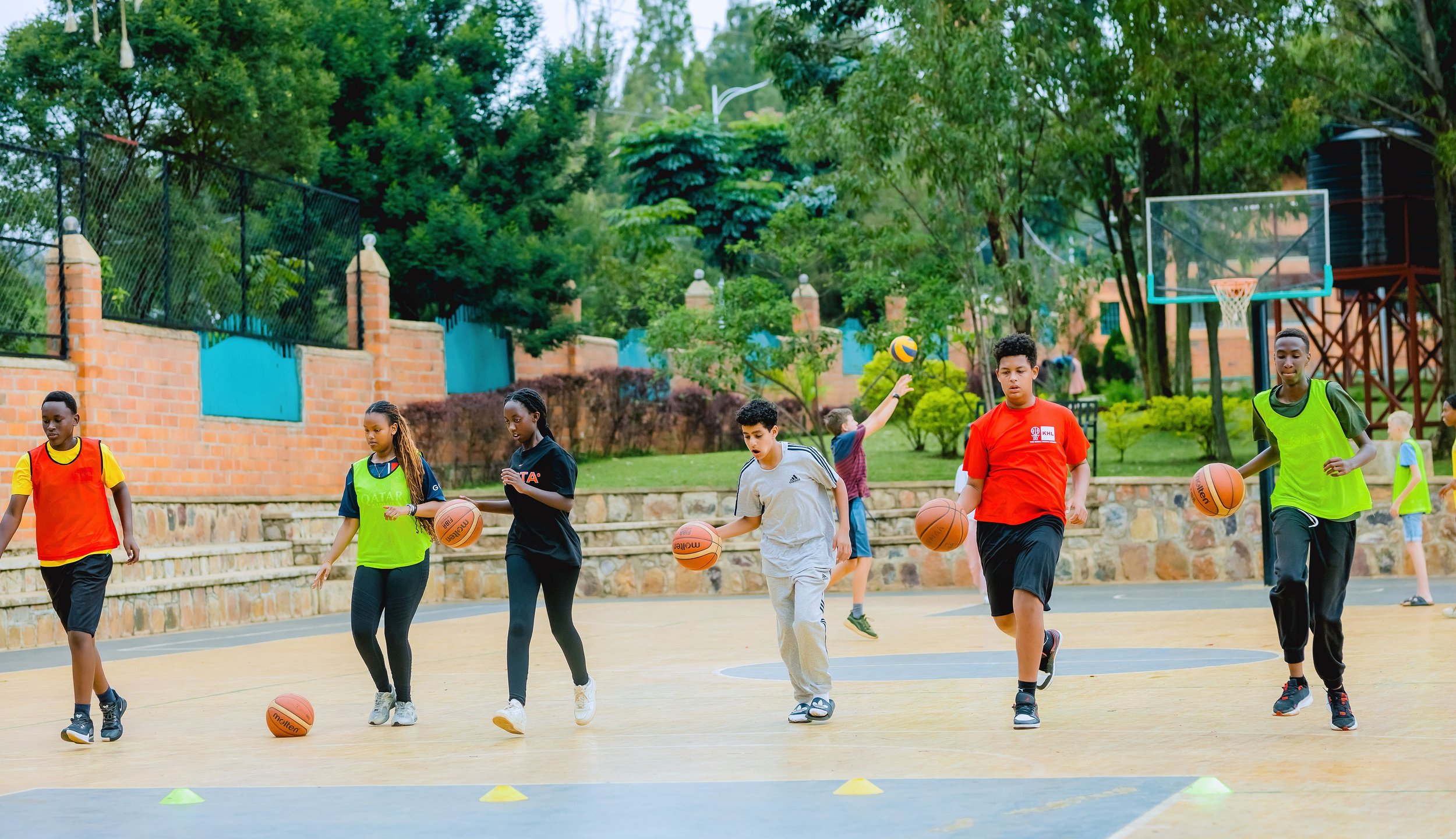
We make a Difference
Each DIMS student follows a unique and powerful journey—whether through academics, service-learning, environmental advocacy, or athletic achievements.

